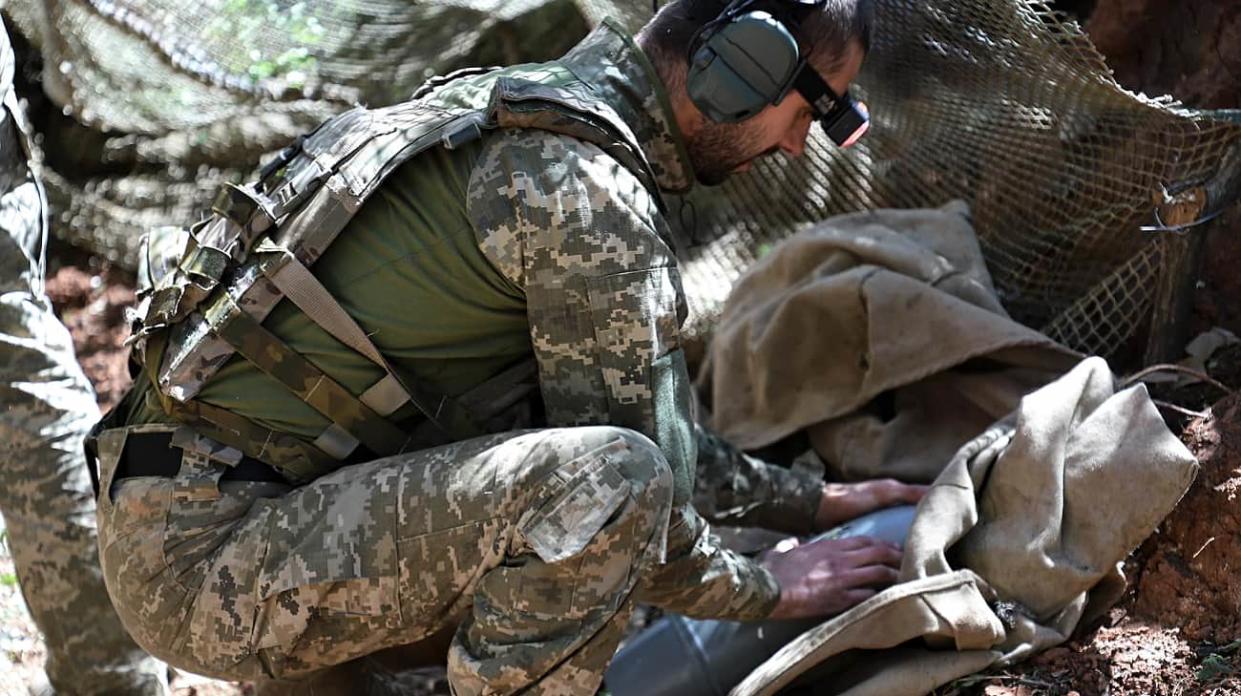US ban on strikes on Russian territory undermines Ukraine's ability to defend itself – ISW

- Oops!Something went wrong.Please try again later.
The Institute for the Study of War (ISW) believes that the US ban on Ukraine using Western weapons to strike Russian territory significantly undermines Ukraine's ability to defend itself against Russian offensive operations in the northern part of Kharkiv Oblast.
Source: ISW
Details: ISW continues to assess that the restrictions imposed by the US and other Western countries on Ukraine's ability to strike military targets in Russia have created safe zones in the Russian border areas. From there, Russian aircraft can launch glide bombs and missile strikes on Ukrainian positions and settlements.
In addition, Russian forces and equipment can freely assemble before engaging in combat operations.
US officials reiterated the Biden administration's reluctance to allow the use of US-provided weapons for strikes on military targets within Russia.
US Pentagon spokesperson Sabrina Singh stated on 16 May that the Biden administration has not changed its position on Ukrainian forces using US-provided weapons to hit targets in Russia, emphasising that these weapons should be used to liberate occupied Ukrainian territory.
To quote the ISW’s Key Takeaways on 17 May:
Russian President Vladimir Putin framed Russian offensive operations in northern Kharkiv Oblast as part of Russian efforts to create a "buffer zone" to protect Russian border areas from Ukrainian strikes, confirming ISW's previous assessments.
Ukrainian President Volodymyr Zelensky stated that Ukrainian forces have stabilised the front in northern Kharkiv Oblast and that Russian forces have not reached Ukraine's "concrete" and "most powerful" line of defence in the area.
Russian forces will likely be able to stretch Ukrainian forces along a wide front and fix Ukrainian troops in the international border area even as the tempo of Russian offensive operations in northern Kharkiv Oblast slows.
Russian forces reportedly leveraged notable electronic warfare (EW) capabilities to support tactically significant gains during the first days of their limited offensive operation in northern Kharkiv Oblast.
Senior NATO military commanders confirmed ISW's prior assessments that Russian forces do not have sufficient forces to achieve a "strategic breakthrough" in Ukraine.
Ukrainian forces conducted a series of large-scale aerial and naval drone strikes against Russian energy and port infrastructure in Krasnodar Krai and occupied Crimea on the night of 16 to 17 May.
US officials reiterated the White House's unwillingness to support Ukraine's use of US-provided weapons in strikes against military targets in Russia.
Russian leader Vladimir Putin attempted to further known Russian information operations intended to directly undermine Ukrainian President Volodymyr Zelenskyy's legitimacy as president.
Russian forces recently marginally advanced near Avdiivka.
Russian leader Vladimir Putin attended the annual Russian-Chinese Expo and forum on interregional cooperation and visited Harbin Polytechnic University during the second and last day of his trip to the People's Republic of China (PRC) on 17 May.
Ukrainian and Western sources continue to report that Russian forces are committing war crimes in newly occupied areas of Kharkiv Oblast.
Support UP or become our patron!

